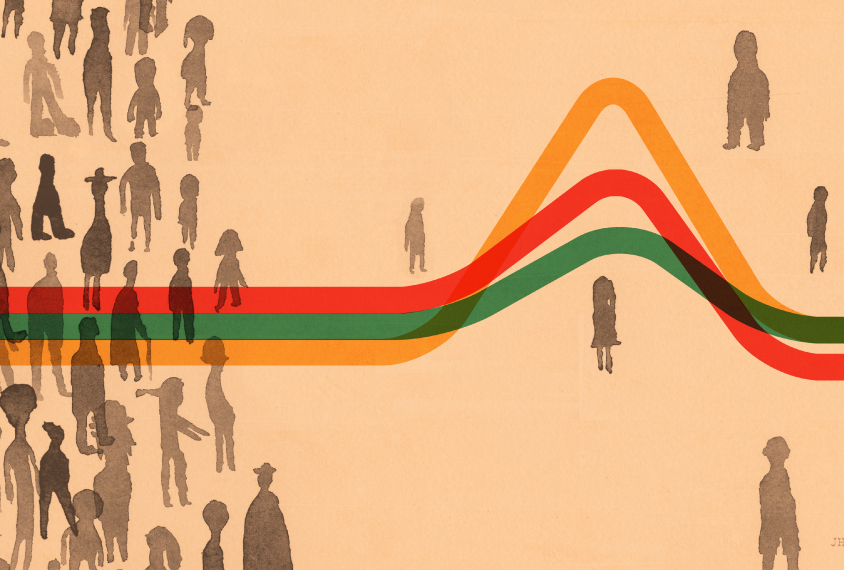Jacob Vorstman is associate professor of psychiatry at the University of Toronto and director of the Autism Research Unit at the Hospital for Sick Children in Canada. Initially, his research focused on the psychiatric and genetic aspects of the 22q11.2 deletion. After obtaining his Ph.D. in 2008, he broadened the scope from 22q11.2 deletion syndrome to the study of genotype-phenotype relations in neurodevelopmental conditions — in particular, autism, intellectual disability and schizophrenia. His ambition is to further insights into the genetic architecture underlying these conditions as well as to improve methods to measure the associated phenotypes.

Jacob Vorstman
Professor
The Hospital for Sick Children
From this contributor
A genetics-first clinic for catching developmental conditions early: Q&A with Jacob Vorstman
A new clinic is assessing children who have a genetic predisposition for autism and other neurodevelopmental conditions—sometimes before traits appear.

A genetics-first clinic for catching developmental conditions early: Q&A with Jacob Vorstman
How polygenic scores can improve predictions about autism, schizophrenia
Jacob Vorstman wants to help people who have rare mutations tied to autism, schizophrenia and other neurodevelopmental conditions set expectations about outcomes.

How polygenic scores can improve predictions about autism, schizophrenia
Explore more from The Transmitter
Dendrites help neuroscientists see the forest for the trees
Dendritic arbors provide just the right scale to study how individual neurons reciprocally interact with their broader circuitry—and are our best bet to bridge cellular and systems neuroscience.

Dendrites help neuroscientists see the forest for the trees
Dendritic arbors provide just the right scale to study how individual neurons reciprocally interact with their broader circuitry—and are our best bet to bridge cellular and systems neuroscience.
Two primate centers drop ‘primate’ from their name
The Washington and Tulane National Biomedical Research Centers—formerly called National Primate Research Centers—say they made the change to better reflect the breadth of research performed at the centers.

Two primate centers drop ‘primate’ from their name
The Washington and Tulane National Biomedical Research Centers—formerly called National Primate Research Centers—say they made the change to better reflect the breadth of research performed at the centers.
Post-infection immune conflict alters fetal development in some male mice
The immune conflict between dam and fetus could help explain sex differences in neurodevelopmental conditions.

Post-infection immune conflict alters fetal development in some male mice
The immune conflict between dam and fetus could help explain sex differences in neurodevelopmental conditions.